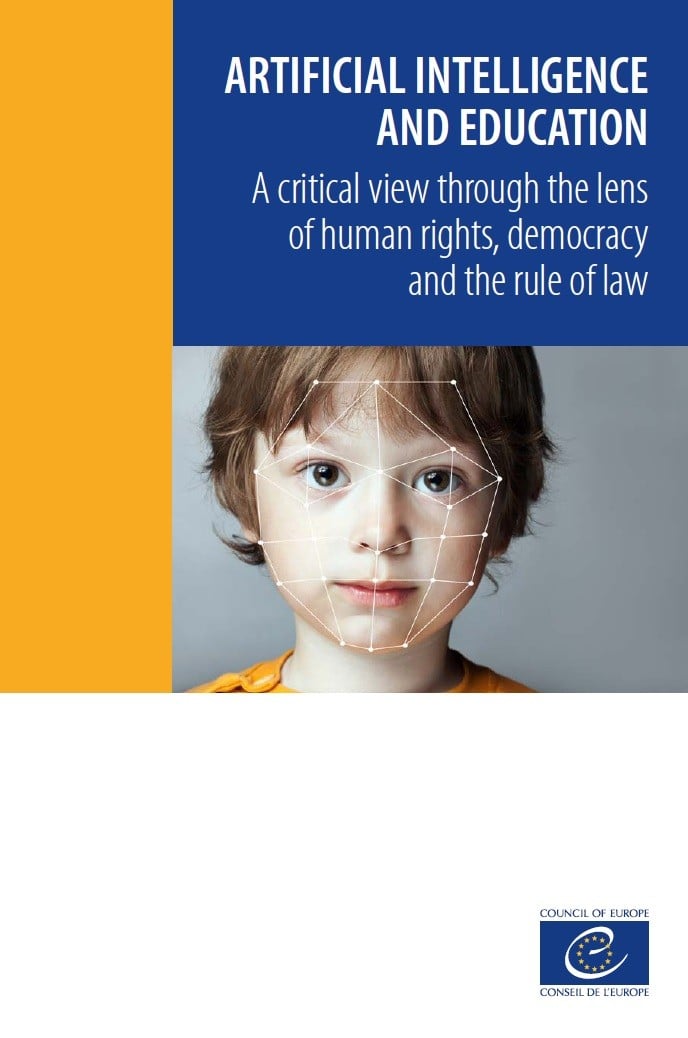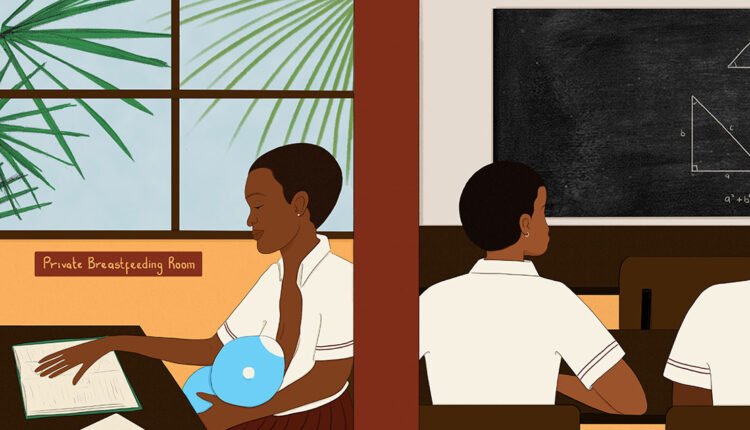Child rights education refers to teaching children about their rights and responsibilities in a way that is age-appropriate and empowering. It aims to increase their awareness and understanding of their rights while encouraging them to advocate for themselves and others.
Child rights education is crucial in promoting a culture of respect, equality, and justice for all children. It instills values of empathy, compassion, and social responsibility, shaping future generations to be informed and active citizens. By integrating child rights education into school curricula and community programs, we can empower children to assert their rights, protect themselves from harm, and contribute to building a more inclusive and equitable society.
This approach helps create a world where every child is valued, heard, and given the opportunity to thrive.
The Importance Of Child Rights Education
The importance of child rights education cannot be overstated. When children are aware of their rights, they become empowered individuals who can advocate for themselves and others. It lays the foundation for progress by ensuring that future generations are equipped with the knowledge and understanding of their fundamental rights. Child rights education plays a crucial role in building a society where every child is respected and protected. By imparting this knowledge, we are empowering young minds to become responsible citizens who contribute to a more just and equitable world.
Understanding Child Rights Education
Child Rights Education is crucial for the well-being and development of children. It encompasses the understanding of fundamental human rights and their significance in the lives of children. By acknowledging and respecting these rights, society can create an environment that supports the holistic development of children. Child Rights Education aims to empower children with knowledge about their rights, enabling them to advocate for themselves and others. It also encourages a holistic approach to education, promoting the well-being of children in all aspects of their lives. By integrating child rights into education, we can foster a society that values and upholds the rights of every child.
Key Components Of Child Rights Education
Child rights education encompasses a set of key components that aim to promote an inclusive and equitable learning environment for all children. Inclusive curriculum development plays a crucial role in ensuring that children from diverse backgrounds are represented and supported in the educational content they receive. Additionally, safe and supportive learning environments are essential for nurturing the well-being and growth of children. It is important to create spaces where children feel safe to express themselves and are protected from any form of discrimination or harm. By integrating these components into child rights education, we can work towards empowering children by providing them with the knowledge and skills to understand and advocate for their rights.
Role Of Parents And Teachers In Child Rights Education
Child rights education plays a crucial role in developing nurturing environments for children. Parents and teachers are pivotal in fostering a culture of respect and promoting active participation in child rights education. They are responsible for instilling in children the understanding of their rights and responsibilities. By nurturing open communication and creating inclusive learning environments, parents and teachers empower children to voice their opinions and contribute to decision-making processes. This not only strengthens their sense of autonomy and self-worth but also equips them with the knowledge to recognize and protect their rights. Through collaborative efforts, parents and teachers shape future generations equipped with the awareness and empathy to uphold and advocate for child rights.
The Impact Of Child Rights Education On Society
The impact of child rights education on society is profound. By educating children about their rights, we can create responsible citizens who are aware of the importance of respecting and upholding the rights of others. This fosters a culture of empathy and understanding within communities, as children grow up to become compassionate and considerate adults. Through education on child rights, future generations are equipped with the knowledge and awareness to advocate for justice and equality in society. By instilling these values from a young age, we can contribute to building a more just and equitable society for all.
Advocacy For Child Rights Education
Advocacy for Child Rights Education is essential in amplifying awareness and action towards ensuring every child’s right to education. By shaping policies and initiatives, we can create a strong foundation for safeguarding the education rights of children. This includes advocating for inclusive and equitable quality education for all children, addressing barriers to education access, and promoting child-friendly learning environments. Educating communities and decision-makers about the importance of child rights education is crucial in fostering a supportive environment for the realization of these rights. By promoting advocacy efforts, we can work towards a society where every child has the opportunity to receive a quality education.
Challenges In Implementing Child Rights Education
Implementing child rights education faces various challenges, including cultural barriers and resource limitations. Overcoming cultural barriers involves advocating for inclusive education that respects diverse cultural backgrounds. It also requires devising culturally sensitive teaching materials and methods. Addressing resource limitations entails mobilizing funding and support from government bodies and non-profit organizations. Streamlining administrative processes and forming partnerships with various stakeholders can help secure necessary resources. Moreover, developing innovative and cost-effective educational programs can stretch limited resources further. By proactively addressing these challenges, educators and policymakers can work towards ensuring every child’s right to quality education and empowering them with the knowledge to advocate for their rights.
Successful Models Of Child Rights Education
|
Child Rights Education is critical to creating a more equitable society. Successful models of Child Rights Education involve global case studies and best practices, which can provide valuable insights for improving educational systems worldwide. By examining innovations in education systems, educators and policymakers can better understand how to integrate child rights principles into curricula and school environments, ensuring that every child receives the education they deserve. |
Collaborative Efforts For Advancing Child Rights Education
Child rights education is essential for creating a positive impact on society. Collaborative efforts between organizations, governments, and communities play a crucial role in advancing child rights education. By forming partnerships, sustainable change can be achieved, ensuring the protection and promotion of children’s rights. Leveraging technology allows for a broader reach, enabling the dissemination of educational resources and information to a wider audience. Ensuring that child rights education is integrated into school curriculums and community programs is vital for fostering a culture of awareness and respect for children’s rights.
Empowering The Future Through Child Rights Education
Child rights education is a vital tool for empowering the next generation. By ensuring that children are aware of their rights and responsibilities, we can realize the potential of the youth and provide them with a solid foundation for their future. This form of education plays a crucial role in creating a world where every child has equal opportunities and is treated with fairness and respect. It is essential for nurturing a generation that not only understands the value of their rights but also strives to advocate for the rights of others. By integrating child rights education into school curriculums and community programs, we can cultivate a society that values and protects the rights of all children.

Credit: book.coe.int
Frequently Asked Questions For Child Rights Education Meaning
What Is Child Rights Education?
Child rights education is the teaching and promotion of the fundamental rights and freedoms of children.
Why Is Child Rights Education Important?
Child rights education is important as it empowers children with knowledge of their rights and encourages respect and protection.
How Does Child Rights Education Benefit Society?
Child rights education benefits society by promoting a culture of respect for children’s rights and contributing to the overall well-being of communities.
What Are The Key Elements Of Child Rights Education?
Key elements of child rights education include teaching about children’s rights, responsibilities, respect, and empowerment.
How Can Child Rights Education Be Implemented?
Child rights education can be implemented through various strategies such as curriculum integration, community programs, and collaboration with parents and educators.
Conclusion
Child Rights Education is essential for empowering children and creating a better future for our society. By educating children about their rights, we can promote equality, respect, and understanding. It is crucial to continue advocating for comprehensive child rights education to ensure that every child is informed and empowered.


